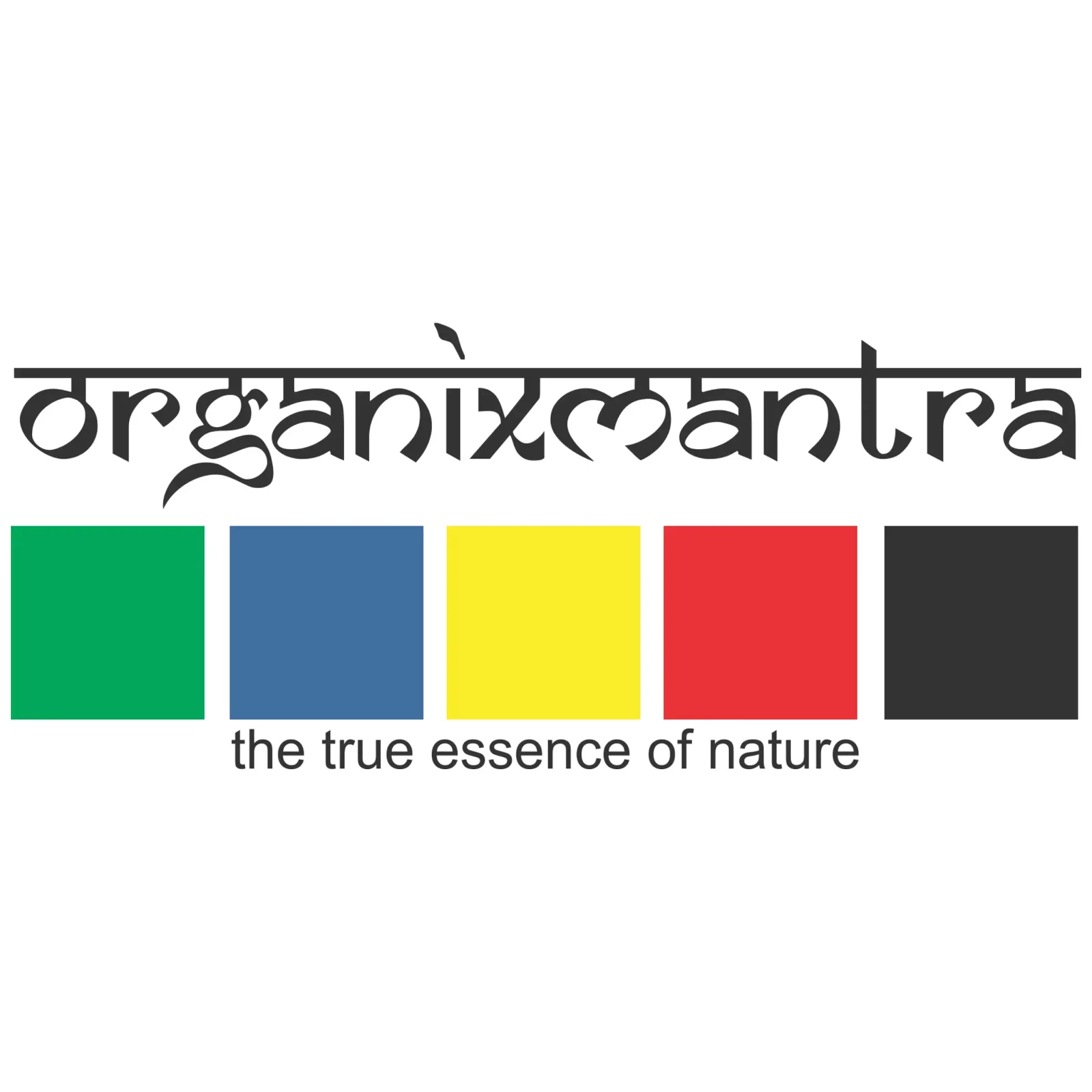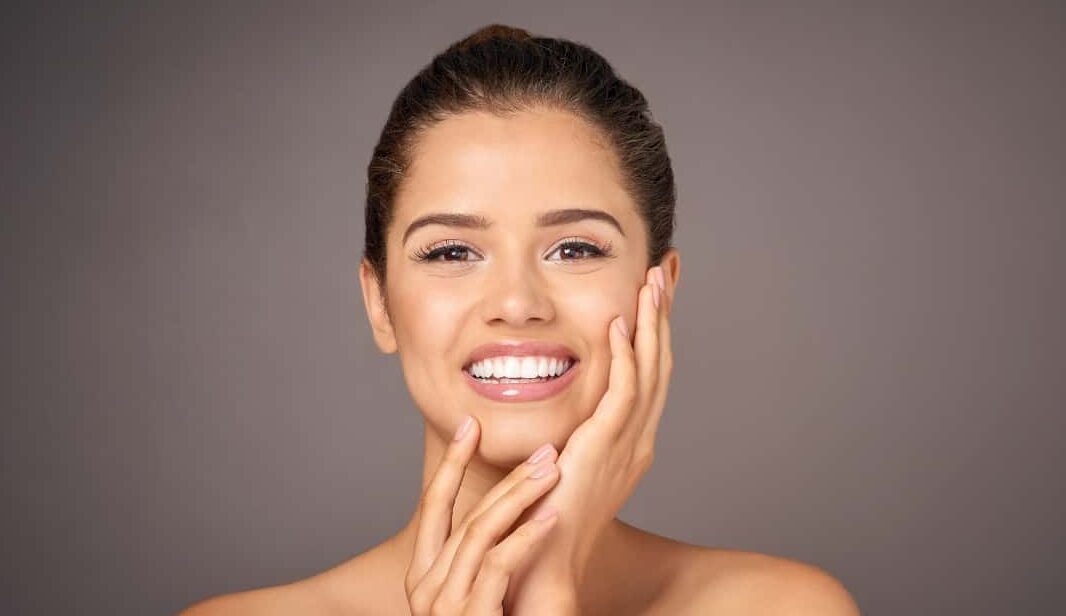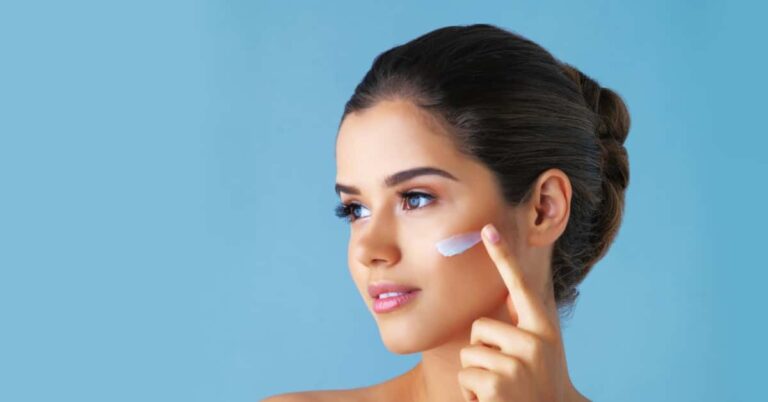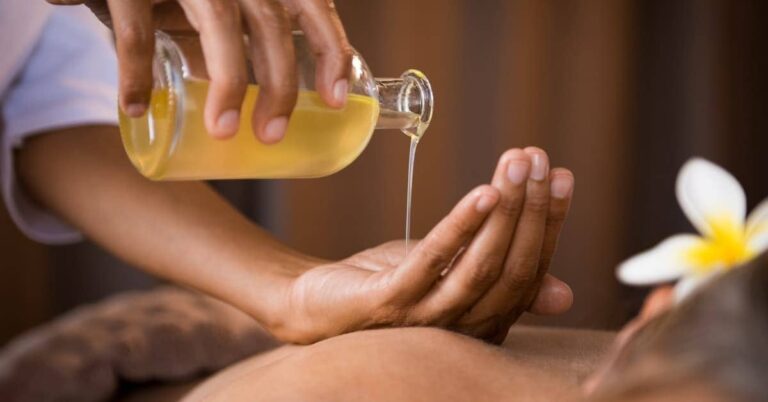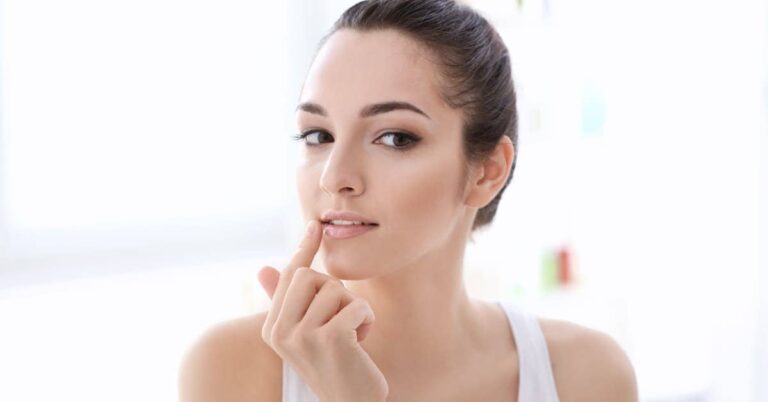11 Ayurvedic Superstars for Modern Skin Issues
In today’s fast-paced world, skin problems like acne, dryness, and inflammation have become a part of many people’s daily lives. Whether it’s stress, environmental factors, or the harsh chemicals in skincare products, these issues can often feel overwhelming. But what if the solution to your skincare concerns could be found in nature’s ancient wisdom? Ayurveda, the traditional system of medicine from India, has been healing and nourishing skin for centuries with its holistic approach. Let’s explore 11 Ayurvedic superstars that can help address modern skin issues, offering you natural, gentle, and effective remedies.
Turmeric
The Golden Healer
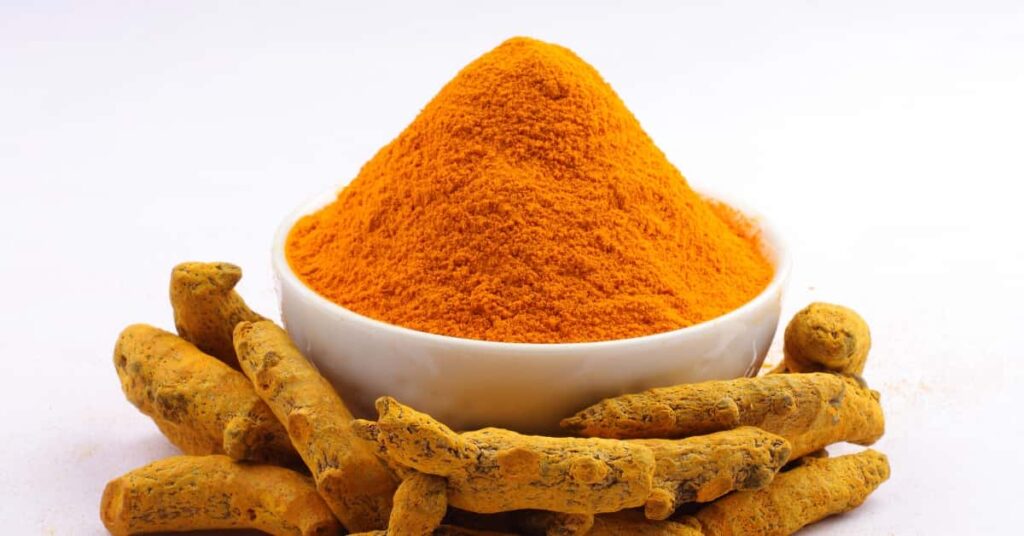
Key Benefits:
Turmeric is renowned for its anti-inflammatory, antimicrobial, and antioxidant properties. Curcumin, the active compound in turmeric, helps reduce redness and swelling, making it an excellent remedy for acne and skin irritation. It also brightens skin, helping to fade dark spots and pigmentation.
Why It Works:
Curcumin’s antioxidant properties fight free radicals, which are responsible for aging and dullness. It also boosts collagen production, helping to improve skin texture and reduce the appearance of scars.
How to Use:
Mix turmeric powder with honey or yogurt to create a soothing face mask. Apply to your face for 10-15 minutes, then rinse with lukewarm water. For daily use, you can also take turmeric internally as part of your diet.
Common Concerns:
While turmeric is great for most skin types, be cautious if you have sensitive skin, as it can cause slight irritation. Always patch test before full application.
Realistic Expectations:
Expect to see visible results after a few weeks of consistent use. Turmeric works gradually, so be patient and give your skin time to heal.
Skin Types:
Turmeric is suitable for most skin types, especially for oily and acne-prone skin. For dry skin, mix it with moisturizing agents like honey or milk.
Aloe Vera
The Soothing Moisturizer
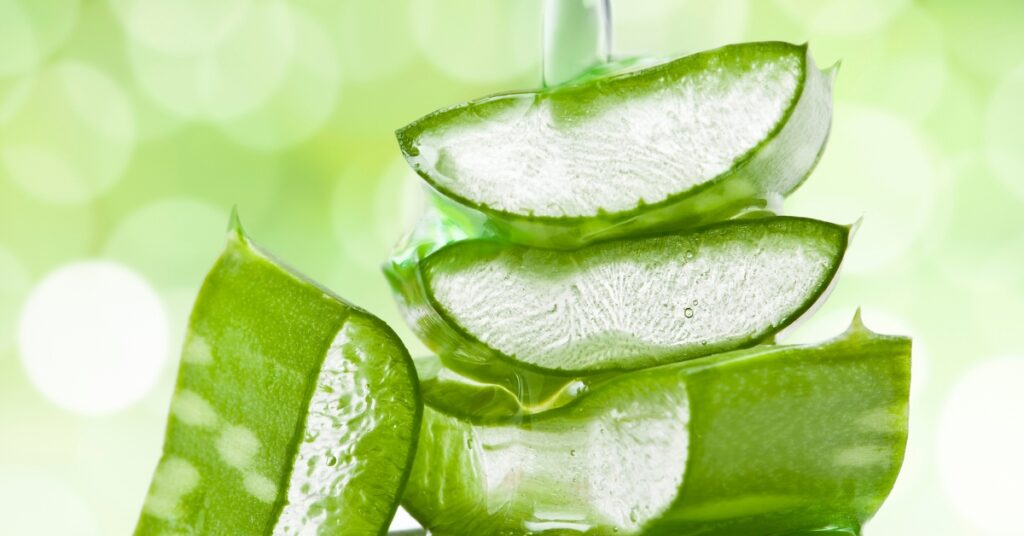
Key Benefits:
Aloe vera is a gentle, hydrating powerhouse that soothes irritated, sunburned, or dry skin. It has cooling properties that make it ideal for calming inflammation and redness. Aloe also helps to boost skin healing, making it perfect for treating scars and acne marks.
Why It Works:
Aloe vera contains polysaccharides that promote skin regeneration. It also has vitamins A, C, and E, which help nourish and protect the skin.
How to Use:
Apply fresh aloe vera gel directly to your skin after cleansing, allowing it to absorb for 10-15 minutes. It can be used daily, especially after sun exposure, to keep your skin cool and hydrated.
Common Concerns:
Aloe vera is gentle, but make sure you’re using fresh gel or a product without added chemicals. For sensitive skin, patch test first to avoid any irritation.
Realistic Expectations:
Aloe vera can show immediate soothing effects, but to see significant improvements in scars or skin texture, consistent use over a few weeks is recommended.
Skin Types:
Perfect for all skin types, especially sensitive, acne-prone, and dry skin.
Neem
The Purifier
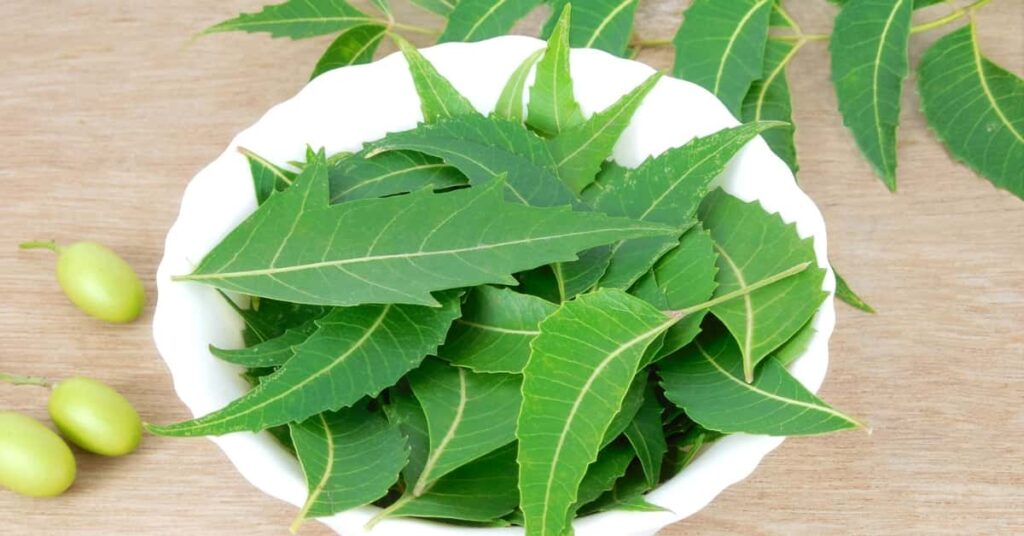
Key Benefits:
Neem is a powerful herb with antibacterial, antifungal, and anti-inflammatory properties. It helps in clearing up acne, preventing further breakouts, and promoting a clear complexion. Neem also works as an excellent purifier, detoxifying the skin.
Why It Works:
The active compounds in neem—such as azadirachtin—fight bacterial infections and reduce inflammation, making it ideal for treating acne and pimples. It also balances oil production, which helps with oily and combination skin types.
How to Use:
For acne treatment, use neem oil or neem powder diluted with water as a spot treatment. Neem powder can also be mixed with other ingredients like honey to form a mask.
Common Concerns:
Neem can be potent, so always dilute it before applying it to your skin. Avoid excessive use to prevent dryness or irritation.
Realistic Expectations:
It may take a few weeks to see a reduction in acne or blemishes, so consistent use is essential.
Skin Types:
Neem works well for oily, acne-prone, and combination skin, but those with very dry or sensitive skin should proceed with caution.
Rosewater
The Hydrating Mist
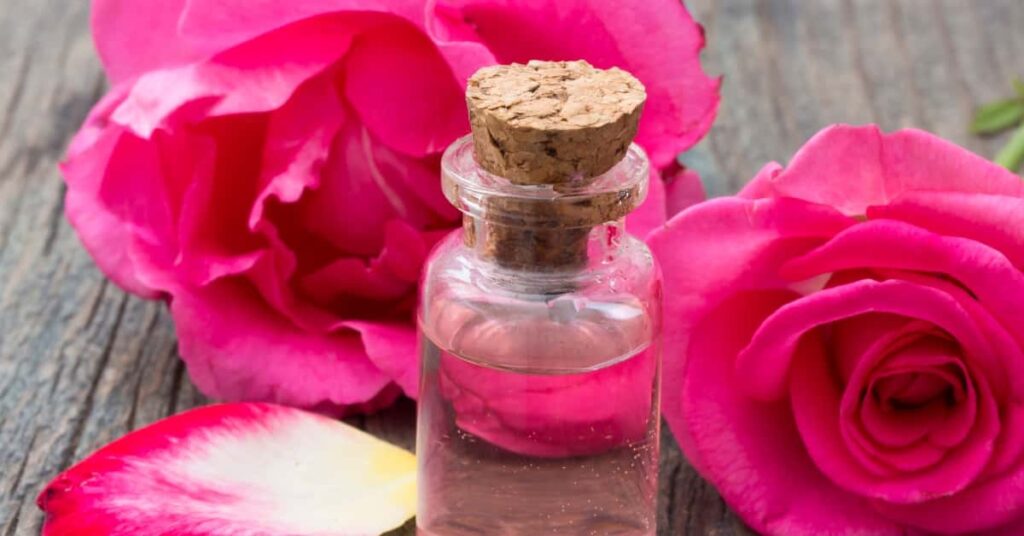
Key Benefits:
Rosewater is a gentle toner that hydrates and refreshes the skin while maintaining the skin’s pH balance. It helps with redness, dryness, and irritation, making it perfect for soothing sensitive or inflamed skin.
Why It Works:
Rich in antioxidants and vitamin C, rosewater helps to tighten the skin, reduce puffiness, and fight signs of aging. It also has mild antiseptic properties, which help in reducing acne-causing bacteria.
How to Use:
Spritz rosewater onto your face after cleansing to hydrate and refresh. It can also be used as a soothing spray throughout the day for a quick pick-me-up.
Common Concerns:
Rosewater is generally safe for all skin types, but make sure to choose an alcohol-free version, especially if you have dry or sensitive skin.
Realistic Expectations:
You’ll notice immediate soothing and refreshing effects. For long-term benefits, regular use is key.
Skin Types:
Rosewater is ideal for all skin types, especially sensitive and dry skin.
Brahmi
The Skin Revitalizer
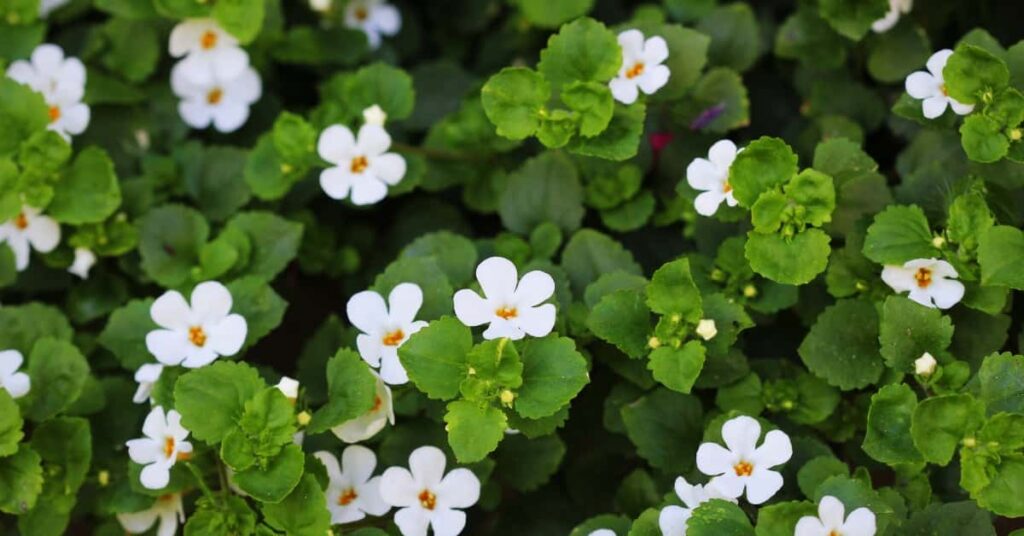
Key Benefits:
Brahmi, also known as Gotu Kola, is a herb that promotes skin rejuvenation and healing. It is known for its ability to improve circulation and stimulate collagen production, making it an excellent choice for anti-aging and scar treatment.
Why It Works:
Brahmi is packed with antioxidants that prevent skin damage, reduce fine lines, and promote youthful skin. It also accelerates the healing of wounds and scars.
How to Use:
Brahmi oil can be used as a facial massage oil to enhance circulation and promote skin renewal. You can also find it in cream or serum form for easier application.
Common Concerns:
Brahmi is generally well-tolerated, but always check the ingredients for any additives that may irritate sensitive skin.
Realistic Expectations:
Visible improvements in skin tone and texture can take up to a month of consistent use.
Skin Types:
Brahmi is suitable for all skin types and particularly beneficial for mature or scarred skin.
Sandalwood
The Calming Ingredient
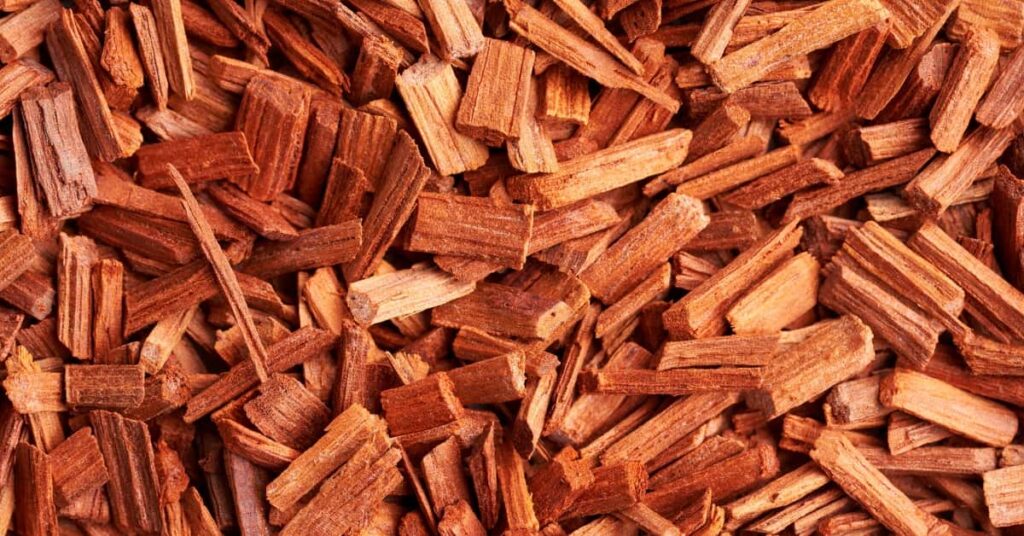
Key Benefits:
Sandalwood has natural cooling and calming effects, which help soothe irritated or inflamed skin. It’s often used to treat acne, pigmentation, and sun damage.
Why It Works:
Sandalwood has antiseptic properties that help cleanse the skin and reduce the appearance of blemishes. It also promotes even skin tone and texture.
How to Use:
Make a paste of sandalwood powder and rosewater or milk and apply it to your face. Leave it on for 10-15 minutes before rinsing off.
Common Concerns:
Sandalwood can sometimes cause dryness in sensitive skin, so it’s important to moisturize afterward.
Realistic Expectations:
Sandalwood’s effects are gentle and gradual, so consistent use over several weeks will yield the best results.
Skin Types:
Suitable for oily, acne-prone, and combination skin, as well as for treating pigmentation.
Ashwagandha
The Stress Buster
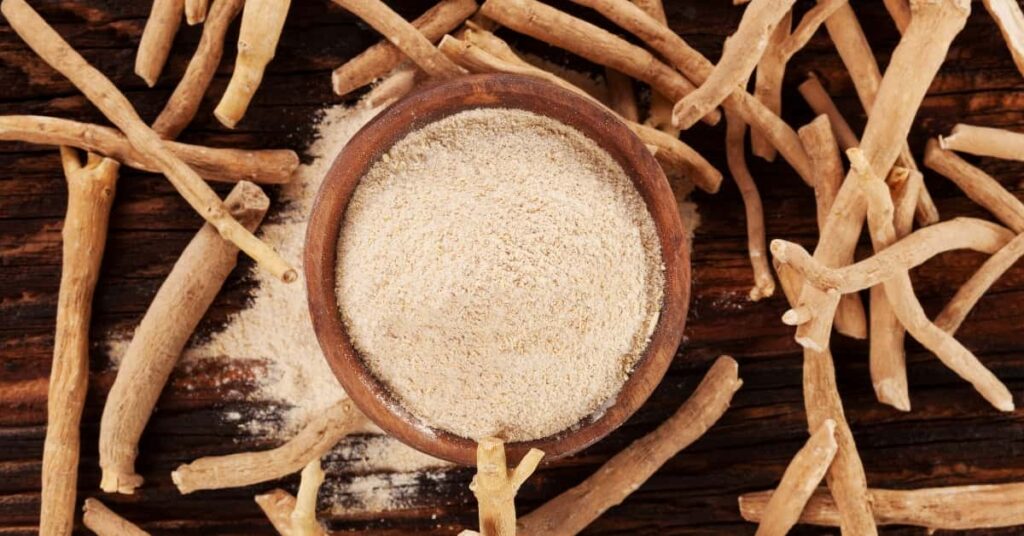
Key Benefits:
Ashwagandha is a powerful adaptogen that helps reduce stress, which in turn can prevent stress-induced skin issues like acne and dryness. It also has antioxidant properties that fight free radicals, keeping the skin youthful.
Why It Works:
Ashwagandha helps balance cortisol levels, which are responsible for stress-related breakouts. It also helps reduce signs of aging by fighting oxidative damage.
How to Use:
Ashwagandha can be consumed as a supplement or used topically in skincare formulations aimed at calming the skin and reducing inflammation.
Common Concerns:
Ensure that you’re using the right dosage if taking as a supplement, and check product ingredients for allergies.
Realistic Expectations:
Improvement in stress-related skin conditions may take some time, so consistency is important.
Skin Types:
Great for all skin types, particularly those experiencing stress-induced breakouts.
